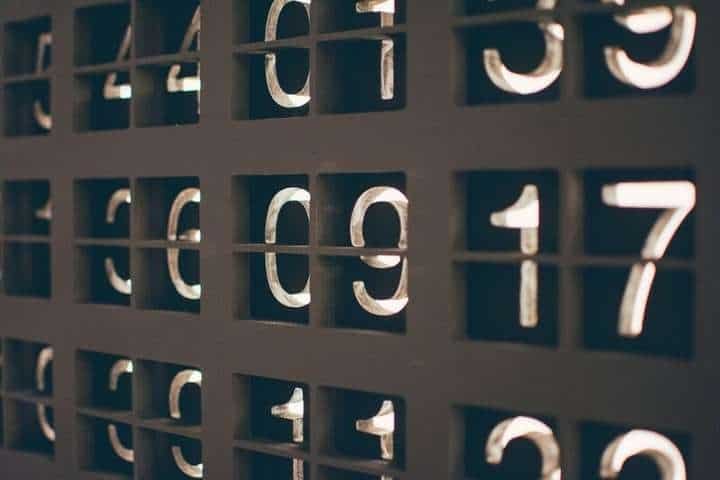When we’re talking about technology, it is very often the smallest parts of a machine that prove the most critical. After all, the vast majority of modern electronics run on the back of the near-microscopic transistors that make the modern digital world possible.
One small bit of technology that is often overlooked is the random number generator, often shortened to RNG in various places.
Where Can You Find an RNG?
One of the most common and most widespread uses of a random number generator today is probably in the world of online casinos. By the nature of the games, they are required to create random outcomes on every spin or hand, so they use TRNGs as standard in the back of every game. It means that when someone wants to play real money online casino at Paddy Power, there is a hard guarantee that every single result is fair and entirely random.

Less prominent but equally widespread is the role of RNGs in the rise of cryptocurrencies and the blockchain. While the exact system is more complex, the encryption behind this entire system is fundamentally based upon RNGs to generate encryption and ID codes. This isn’t limited to new tech, however, with RNGs being found at the core of all encryption methods, including the AES system used by the US Government amongst many other nations. Without RNGs capable of producing untold numbers of values every second, many modern digital security systems would simply not work.
What is a Random Number Generator?
Unlike most tech, this one really does what it says on the tin. A random number generator is a software that will randomly select a number value from a preset range. This range can be configured to, for example, only allow whole number values or values between 0.01 and 1, depending on what the developer plans to use it for. The generators used for Bitcoin security and other cryptocurrencies, when compared to the ones used for basic lottery draws, are the same software, except with different configurations.

There is a distinction between general random number generators and ones that are truly random. With the former, these are programmed by a particular person and while most can claim to be purely random, there is always the risk of bias being inserted into the algorithm. On the other hand, true random number generators, or TRNGs, are verified and confirmed to only give pure random results, either through external verification or simply being baked into the hardware so that it is impossible to modify. For reference, all commercial applications of an RNG will be a TRNG, confirmed by authorities in whatever field they are used for.
If you’re looking for a great starter project to help you get into programming, then a basic random number generator could be exactly what you’re looking for. In its simplest form, it’s a basic algorithm, even if you discount the languages that contain one as a pre-built function.





